Los Roques, The Place To Go In 2024
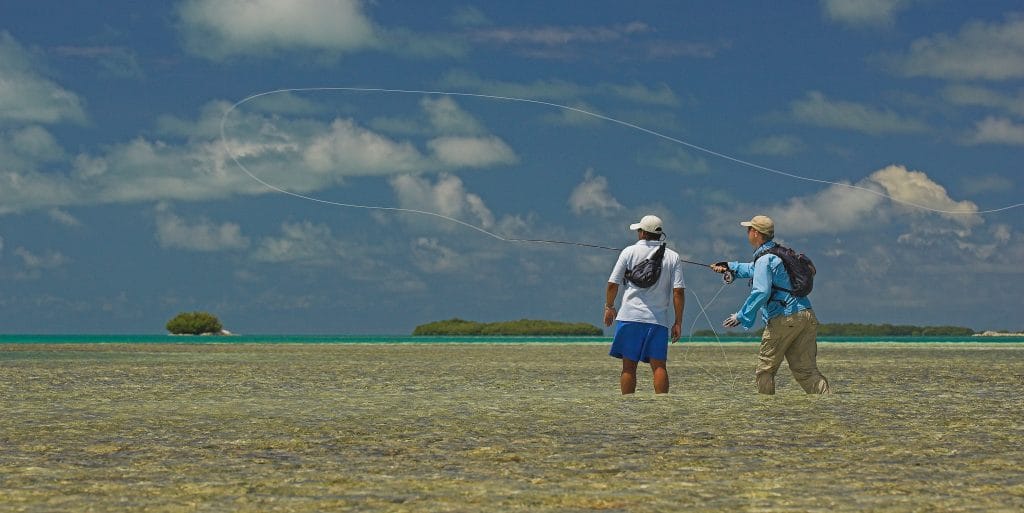
The flats and beaches of Los Roques are one of the most unique bonefish fisheries on the planet. If you would like to experience some of the most exciting environments for large tailing bonefish, minnow munching beach fishing whilst wading azure water there are few that can compare. Los Roques was always one of the top three saltwater fisheries on the planet, but over the last few years with US tensions with Venezuela it has slightly slipped into the memory banks and been passed over in favour of other fisheries in the Caribbean. It has therefore had a very long rest with the pressure it used to receive a thing of the past. The fishing has gone from strength to strength and those who have ventured out have returned with stories of huge bonefish, monster permit, large Caribbean triggerfish and even parrotfish all appearing in their rod sights.
Although more and more anglers are venturing back to the flats of Los Roques this year it’s not too late to head off to Los Roques, and space in 2024 is below:
11 May to 12 June 2024
21 June 2024 onwards has availability in most weeks
The booking chart is also open for 2025, so if you are planning a saltwater trip for next year then now is the time to secure the best tide weeks.
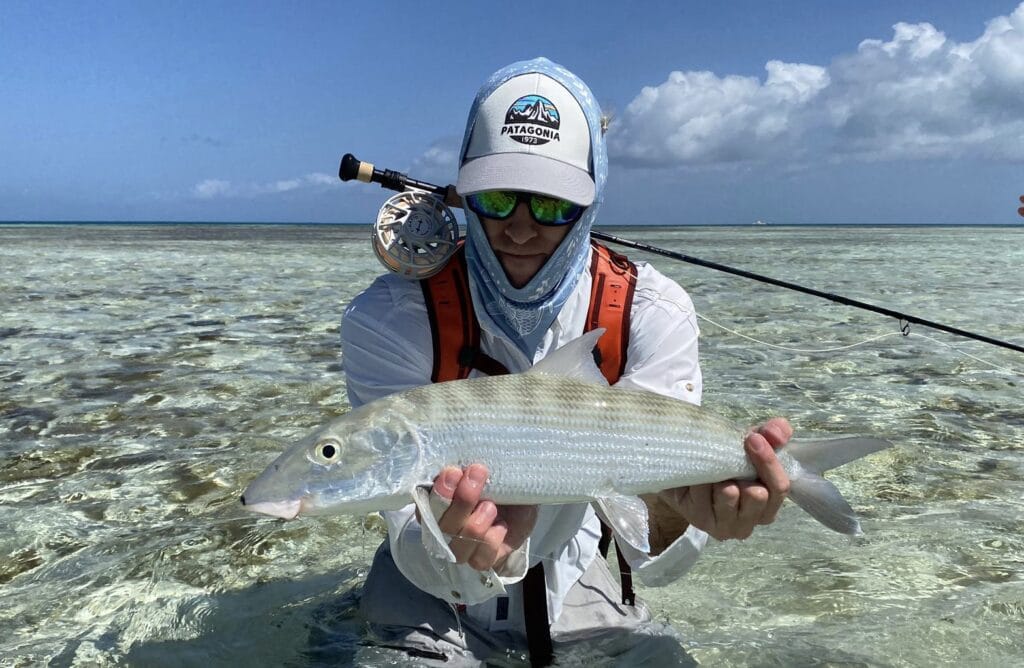
We are delighted to receive regular reports from our returning anglers of great service on the island and by our regular ground handling team on the mainland, combining with fantastic flats fishing. Many of these anglers have fished the Los Roques archipelago multiple times over the years and all commented on seeing more bonefish on the flats than before and many had better shots at permit, triggerfish and parrotfish. There have also been some lovely tarpon and blue runner in the mix too.
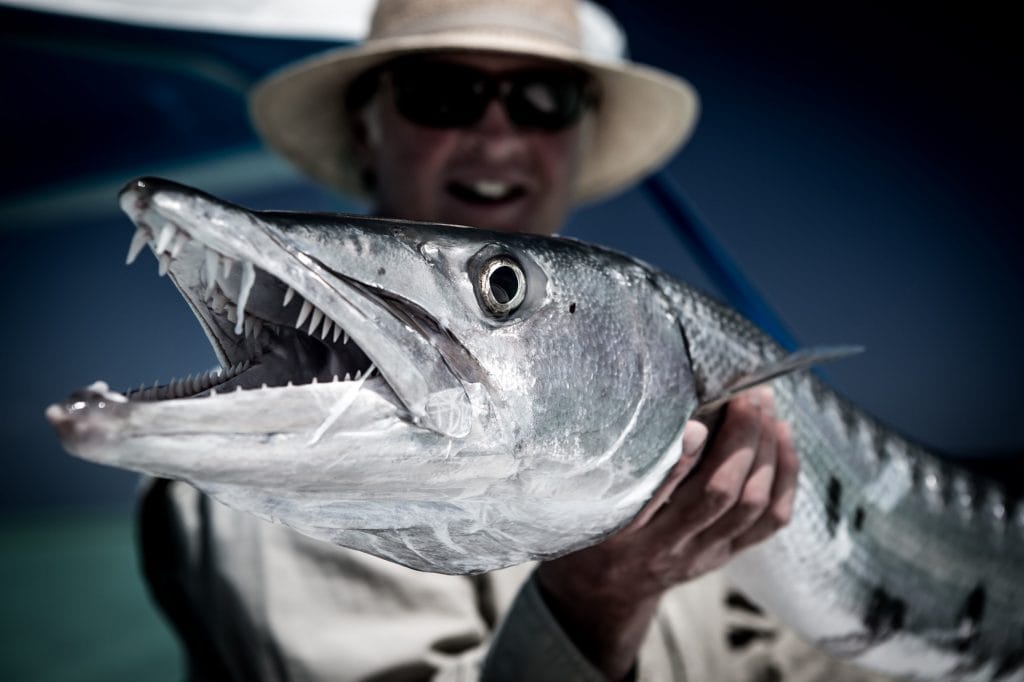
The remaining operation on Los Roques has concentrated the pool of highly experienced guides into the crème de la crème, many of whom have been on these flats for over 20 years. Although the archipelago has always had a reputation primarily as a bone fishery, many of the guides have put their experience to good use and are now targeting a multitude of species. Specifically, these include a growing love for the large triggerfish that hang around on the oceanside flats. Permit are seen more frequently in the inner areas and tarpon and snook can be targeted in the inner lagoon systems amongst the mangroves. In the right conditions large tarpon are found along the beach edges where the bait is concentrated and also in the Gran Roques bay itself.
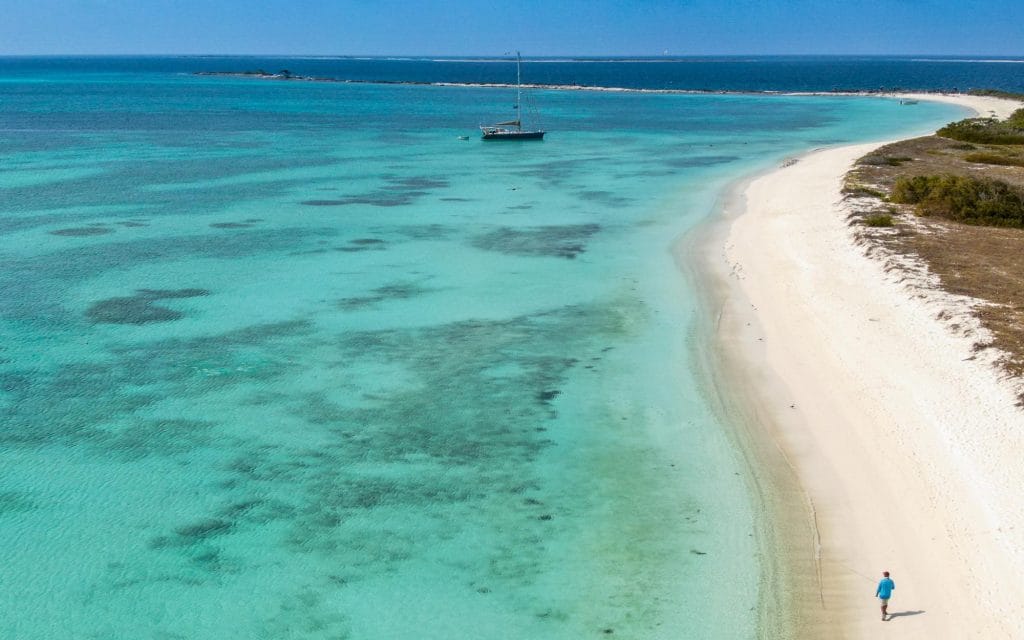
The island of Gran Roques has also evolved over the years with the addition of a new airport on the island improving the space and waiting areas to make arriving and departing more comfortable and fluid. The Casa Play Posada that fishermen are based has had excellent reviews, highlighting excellent food, accommodation and service, going that extra mile to ensure clients have a fabulous all round experience.
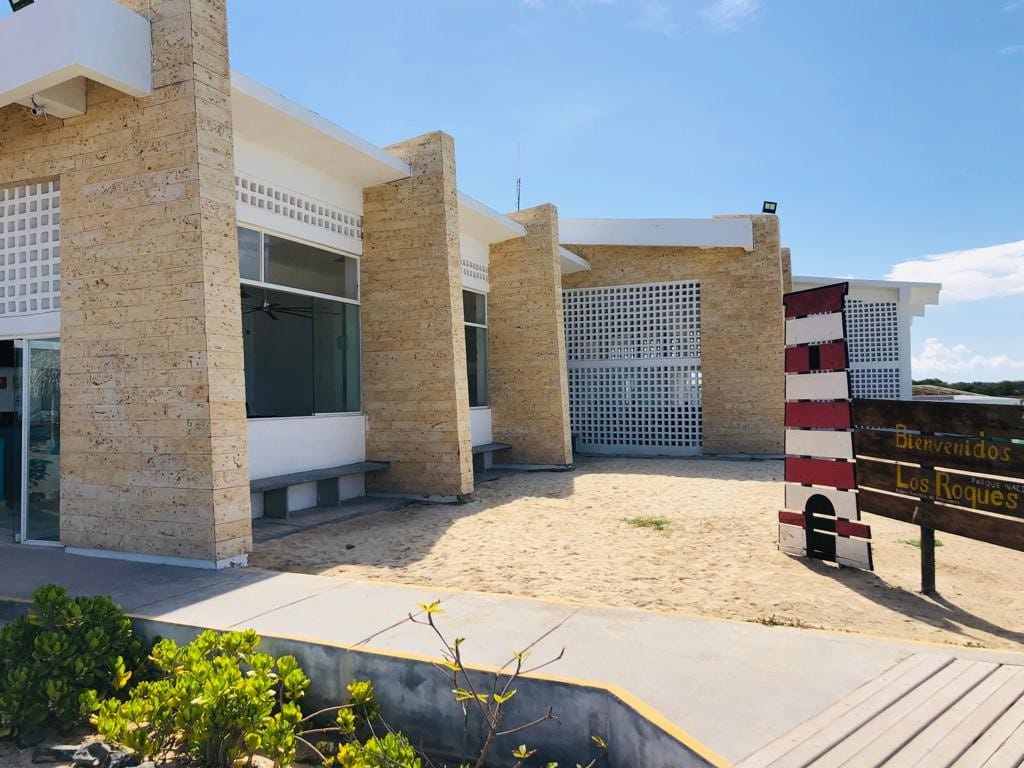
There are very few places in the world that offer wade fishing of this quality and with regular services commencing again with Air Portugal and Iberia getting in and out is relatively simple. The operation has no fixed entry and exit days so offering tailor-made trips are simple. Above all the fishery has experienced almost no pressure for the last five years, so the fish have seen almost no fishermen or flies. At US$6,250 per person based on double occupancy it offers excellent value for money and being so far south and close to the equator is almost never affected by Caribbean weather systems. This gives it a long season from January through to the end of August being an ideal time to travel. If you are considering a saltwater fly fishing trip, then Los Roques should be high on your list.
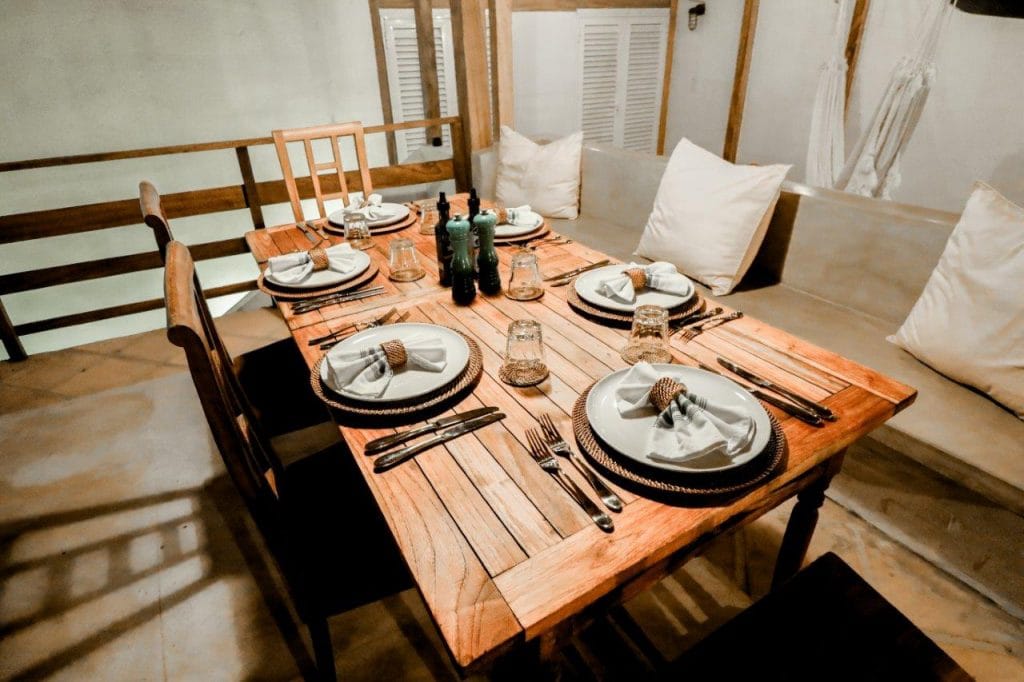
Although some maybe apprehensive about travelling to Venezuela, we now have a special insurance policy in place for those that do wish to make the pilgrimage to these prolific flats. Our ground services that have been looking after our clients travelling to Los Roques for the last 20 years have not changed and are there to put you at ease and remove much of the hassle that can come from travelling to South American airports. They meet you as you come through immigration and whisk you away to your hotel only 15 minutes from the airport where you can relax, have a swim and a good dinner before hopping on the early morning flight to Los Roques the following day.
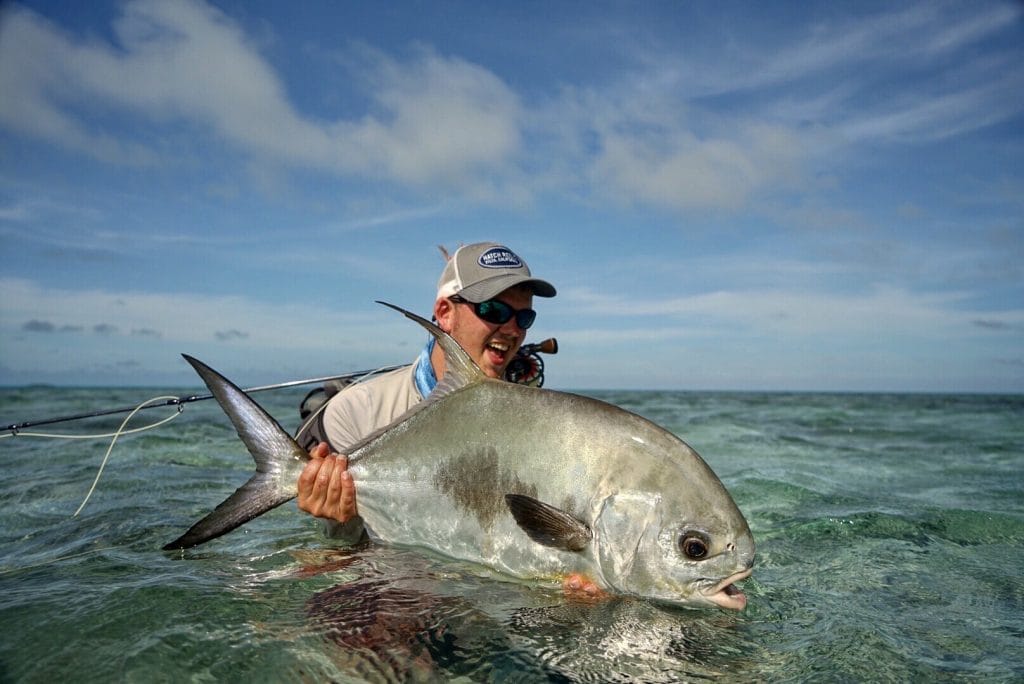
As the sun drops, groups of tails pop out along the edge of the pancake flat, flashing in the evening light. They rock rhythmically as the incoming tide drifts lazily over the turtle grass. Every so often a larger splash gives away a fish as it lunges at an extra delicious morsel. Slowly the school feeds up tide, moving steadily across the grass towards the waiting angler. He has been patient, down on one knee to keep a low profile, his guide next to him whispering instruction and words of encouragement. Before the school gets any closer, the angler begins to cast, the soft but meaningful cast that only comes when you are holding your breath. The extra-long leader whips out in a tight loop, extends and then drops, depositing the tiny size 14 sand flea five feet ahead of the school in a small sand hole amongst the grass. They wait. Slowly the school moves up towards the fly and once the first fish have passed the angler gives the fly a tiny strip, pulling it off the bottom for a heartbeat. In an instant a nearby fish pounces on it like a cat, tail thrashing in the air. The angler strips sets, the line goes tight and there is multitudinous explosion as the school charges away with the hooked fish. You have just experienced the pancake flats of Los Roques.
For more information on Los Roques please contact Peter McLeod or Alex Jardine or call our office on +44(0)1980 847389.
